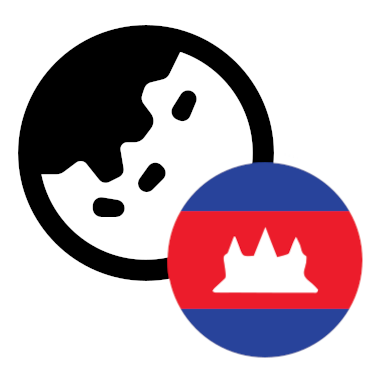Support for Maritime Chains and Clusters in the Pan-Beibu Gulf Region
21 October 2014 The ASEAN-China Pan-Beibu Gulf (ACPBG) Economic Cooperation was jointly launched in 2006 by ASEAN member states and […]
Support for Maritime Chains and Clusters in the Pan-Beibu Gulf Region Read More »
